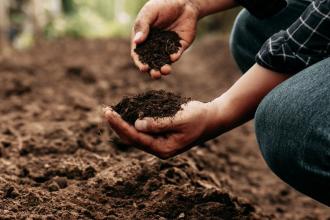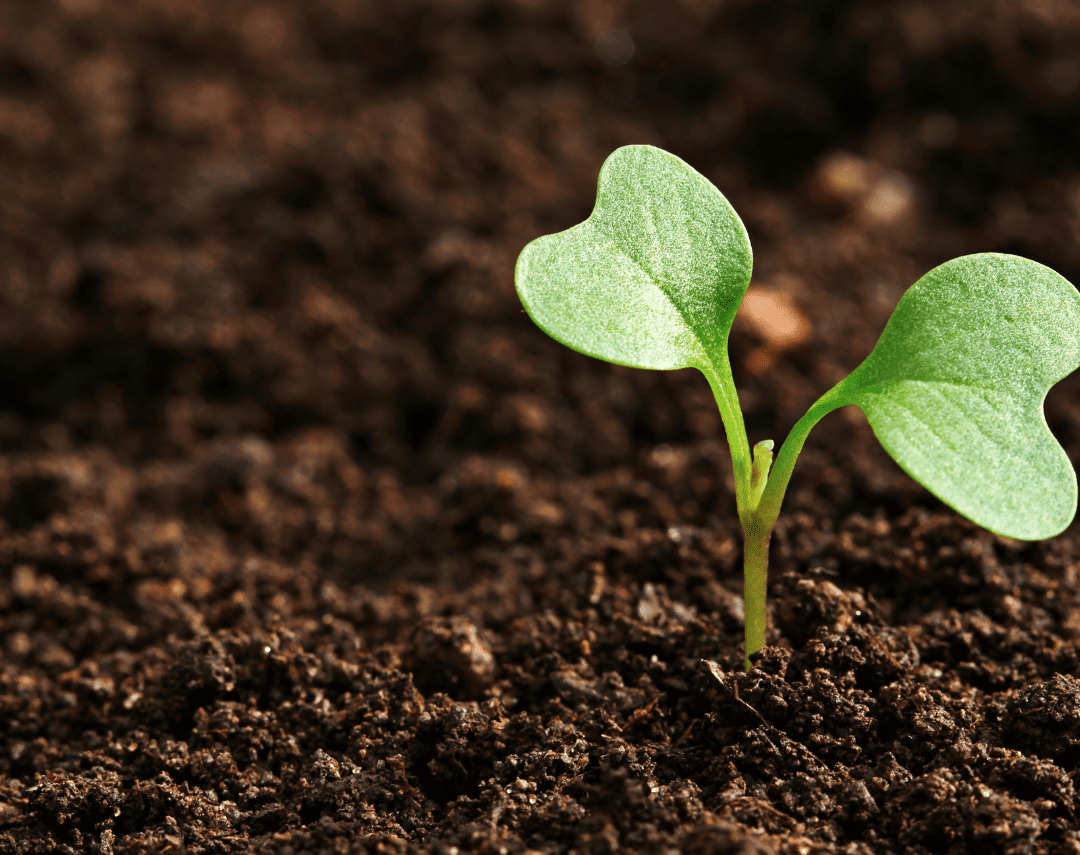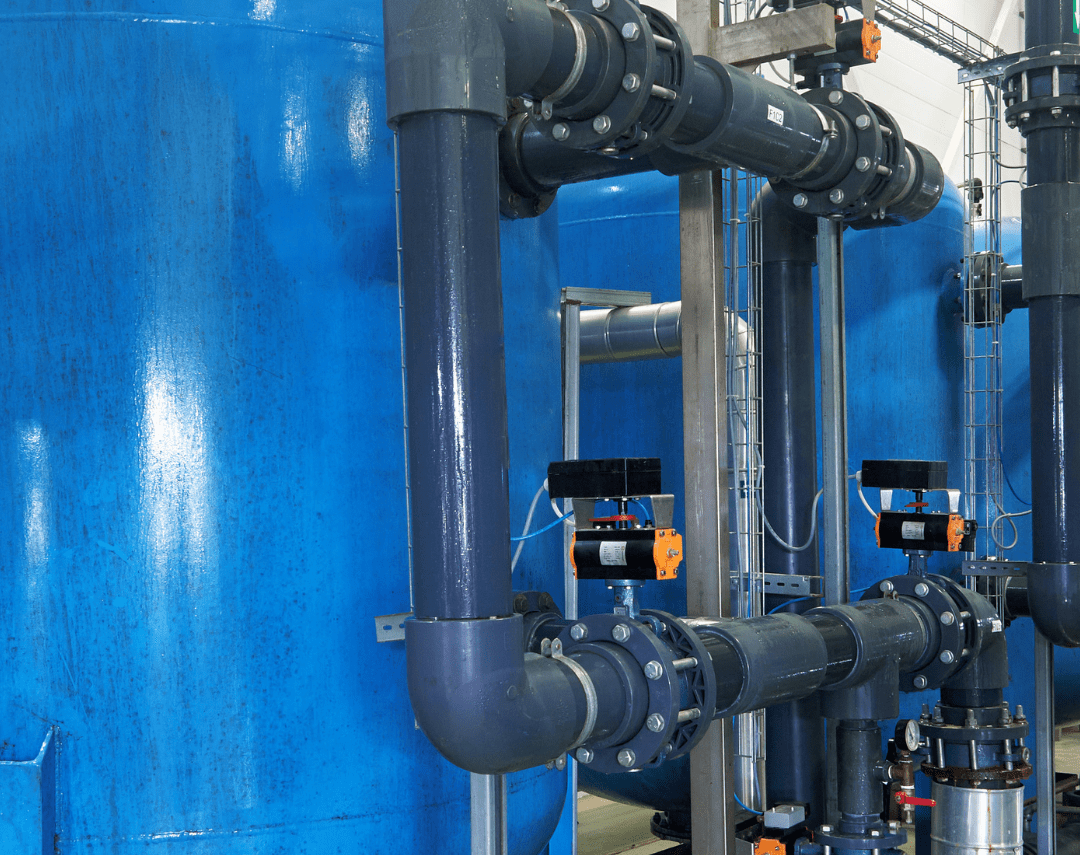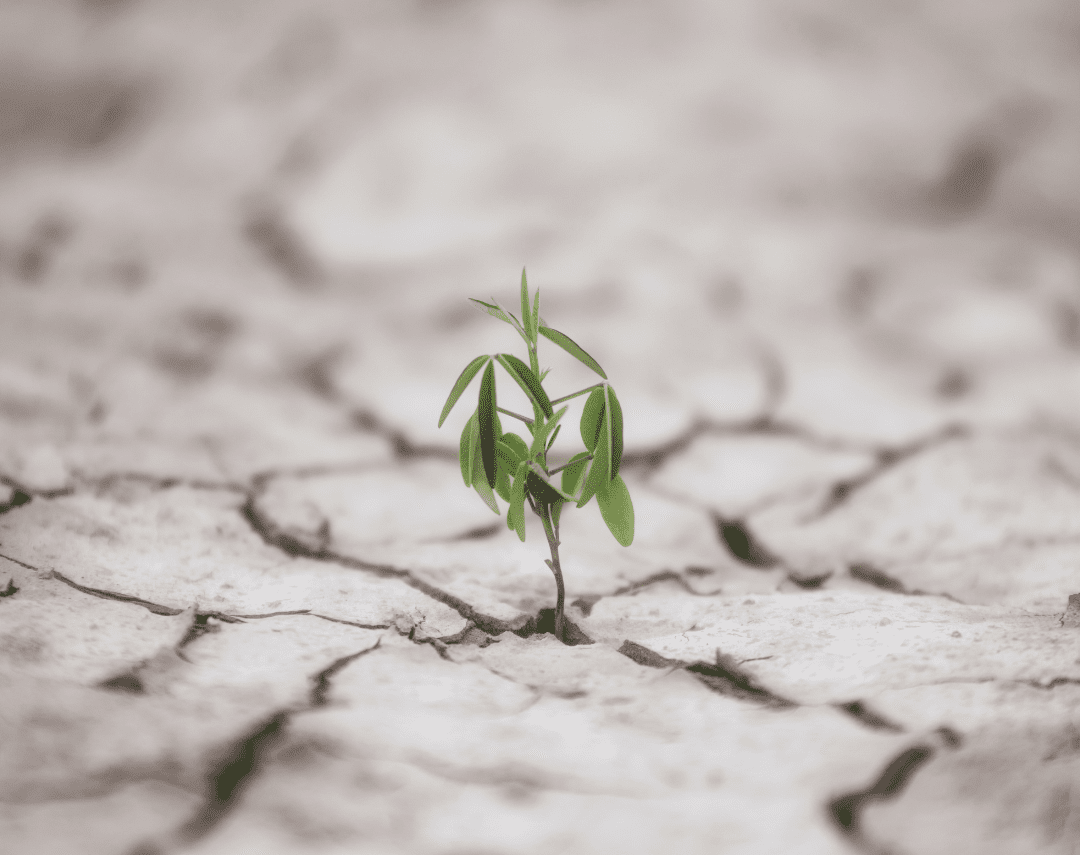
The Importance of Soil
Soil is a fundamental component of agriculture and life, and therefore one of our most important natural resources. Here you will find information on a broad range of topics, including soil science, health, structure, composition, biology and erosion.
What is Sustainable Soil?
Think of sustainable soil as a healthy, happy friend. It’s the foundation for our food, plants, and even the air we breathe. When soil is healthy, it can support a wide range of life, from tiny worms to towering trees. But how do we keep our soil friend happy and healthy? Let’s find out!

Although sustainability was becoming more recognized in the early 1990s, agricultural practices often prioritized short-term profits over long-term environmental health.
Why is Sustainable Soil Important?

Food Production: Healthy soil is the foundation for robust plant growth and abundant harvests. It provides essential nutrients, water retention, and a stable environment for roots to thrive. When soil is degraded or depleted, it becomes less productive, leading to lower crop yields and food shortages. Sustainable soil practices help to maintain and improve soil fertility, ensuring a consistent and reliable food supply.

Climate Change Mitigation: Soil plays a significant role in regulating the Earth’s climate. Healthy soil acts as a carbon sink, absorbing and storing carbon dioxide from the atmosphere. This helps to mitigate climate change by reducing greenhouse gas emissions. Sustainable soil practices, such as cover cropping and reduced tillage, promote carbon sequestration and enhance soil’s ability to store carbon.

Biodiversity and Ecosystem Health: Healthy soil supports a diverse range of plants and animals. It provides habitats for microorganisms, insects, worms, and other organisms that play essential roles in the ecosystem. These organisms contribute to nutrient cycling, pollination, and pest control. Sustainable soil practices help to maintain biodiversity and prevent soil erosion, preserving the delicate balance of ecosystems.

Water Quality and Filtration: Soil acts as a natural filter, purifying water as it percolates through the ground. Healthy soil helps to remove pollutants and contaminants from water, protecting groundwater supplies and ensuring clean drinking water. Sustainable soil practices minimize soil erosion and runoff, preventing pollutants from entering waterways.

Resilience and Adaptation: Sustainable soil practices help to build resilience in agricultural systems. By improving soil health and reducing dependence on synthetic inputs, farmers can better withstand climate variability, pests, and diseases. This resilience is essential for ensuring food security in the face of changing environmental conditions.
How to Make Your Soil Sustainable
Reduce Tillage: Tilling can disrupt soil structure, leading to erosion and loss of organic matter. Minimizing tillage or adopting no-till practices helps to preserve soil health and promote carbon sequestration. Cover crops can also be used to protect the soil from erosion and add organic matter.
Increase Organic Matter: Organic matter is essential for healthy soil. It improves soil structure, water retention, and nutrient availability. Adding compost, manure, or other organic materials to the soil can enhance its fertility and resilience. Cover crops and green manure can also be used to increase organic matter content.
Diversify Crop Rotation: Rotating crops helps to maintain soil health by preventing nutrient depletion and reducing the risk of pests and diseases. Diversifying crop rotations can also introduce beneficial plants that improve soil structure and add organic matter.
Manage Grazing: Proper grazing management is crucial for maintaining soil health in pasture-based systems. Rotational grazing and controlled stocking rates can help to prevent overgrazing and soil compaction. Rest periods allow the soil to recover and regenerate.
Protect From Erosion: Erosion can lead to soil loss, nutrient depletion, and water pollution. Contour farming, terracing, and windbreaks can be used to prevent soil erosion and protect water quality. Cover crops and no-till practices can also help to reduce erosion.
By adopting sustainable soil practices, we can protect our planet’s resources, ensure food security, and create a more resilient and sustainable future for generations to come. Let’s work together to nurture the health of our soils and safeguard the well-being of our planet.
Are you interested in the sustainable agriculture business?
Outlier Venture Lab is seeking innovative entrepreneurs who are passionate about creating a positive impact on the environment and food systems. Join our community of like-minded individuals as we work together to cultivate a healthier planet.
Our services include:
- Pitch deck development: Crafting compelling presentations to attract investors and partners.
- Business modeling: Creating robust financial models to assess market potential and profitability.
- Market research: Identifying market trends, customer needs, and competitive landscape.
- Mentorship and guidance: Providing expert advice from industry leaders.
- Networking opportunities: Connecting you with potential investors, partners, and customers.
If you have a sustainable agriculture idea, we want to hear from you!
Contact Us to learn more and apply:
Join the Outlier Venture Lab community today



